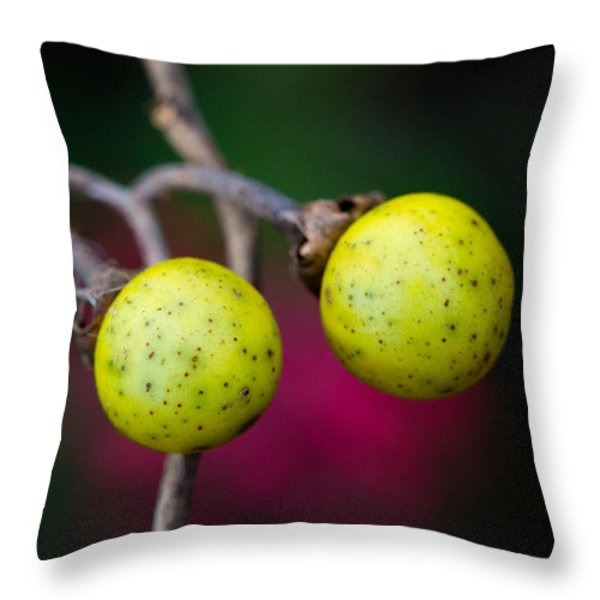You are here
Silverleaf Nightshade weed project
NSW Primary Industries and Murrumbidgee Landcare have a new collaborative project funded by Meat and Livestock Australia (MLA) which will target the perennial summer weed Silverleaf Nightshade (SLN) across the five states of Q’ld, NSW, Victoria, SA and WA.
Silverleaf Nightshade (Solanum elaeagnifolium) is an introduced perennial weed that can dominate pastures and cropping areas. It can reduce crop yields by as much as 20- 40% by taking moisture and nutrients over summer and autumn that could be used by following crops. In pasture paddocks it can reduce growth of productive species and render areas useless for livestock grazing. It reproduces from both seed and root fragments so can be difficult to control by conventional means. Many common farm activities such as livestock movement and cultivation will spread this weed. Research has shown that up to 90% of seeds remain viable after passing through the gut of sheep, so is easily spread by grazing animals.
Surveys of grower practices has shown that many farmers are not aware of the extent of the problem on their farms and that adoption of effective control methods has been poor. SLN is often not specifically targeted as it occurs in many situations as scattered infestations and if not treated over the long term will re-establish. It has been a frustration for many farmers that efforts to control it have failed and it has spread to other areas of the farm. Recent research has shown that a systematic approach using a dual action control over the growing season from spring to autumn is needed. In many cases more expensive residual herbicides may be required to be used in conjunction with normal summer weed programs to give effective control of SLN.
Previous projects have shown the extent of the problem, the species involved and how to give better control. This project will utilise the existing Landcare networks and farmer groups to build local knowledge and capacity and to foster the adoption of the research by farm communities.
Adoption of research by rural communities requires a combination of extension techniques to give the best results. Several strategies will be used in the project to ensure that communities have the skills to manage this weed problem. The project team will ask each community to come up with strategies that they are comfortable with and develop specific activities, technologies and management practices for their own situation. This may involve large scale demonstrations carried out by local farmers which compare current research with the standard farmer practices and a series of workshops and field days complimented by media articles. Access to information through websites, social media and industry journals will keep individuals and groups up to date. This is all planned to raise awareness of the problem and to get wider adoption of best practices to control this weed by working together.
Project officer Phil Bowden from Murrumbidgee Landcare at Cootamundra, NSW will present workshops to raise awareness of the problem and show best practices to control this weed. Further information will be made available through the farmer groups and Landcare network. As part of the project a grower survey will give information about how farmers have dealt with this weed in the past and what influences them to change practices. If you would like to assist with this survey, here is a link to the website…it will only take a few minutes and give valuable background on this weed.
(https://www.surveymonkey.com/s/SLN2014)
If your group would like a workshop on SLN control contact Phil on Mobile (0427 201 946) or email (weeds@mli.org.au).
Theme by Danetsoft and Danang Probo Sayekti inspired by Maksimer
